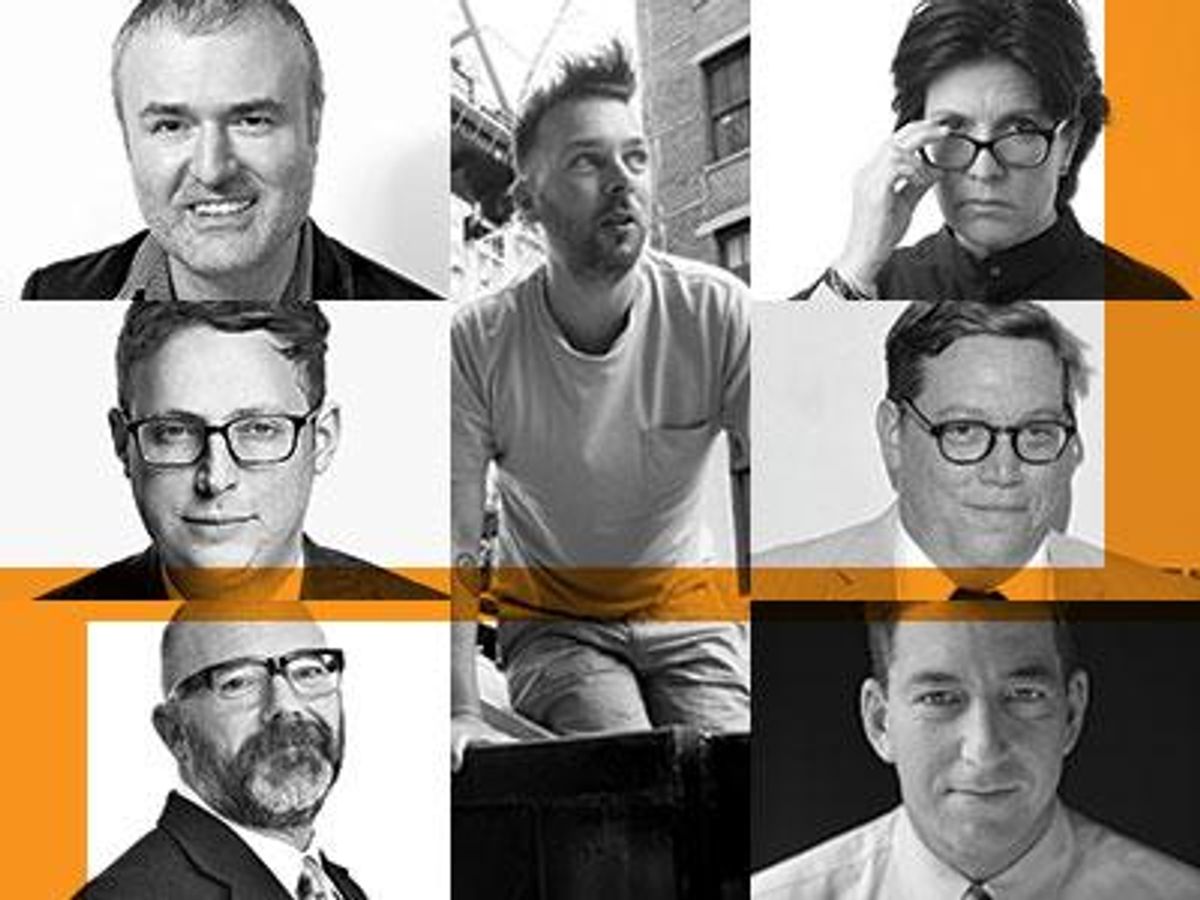
Gay and lesbian journalists are now out and leading innovative new publications. Have generations of marginalization in media created the best, most skeptical minds?
September 16 2014 4:00 AM EST
November 17 2015 5:28 AM EST
By continuing to use our site, you agree to our Private Policy and Terms of Use.

In the June 26, 1991, issue of Outweek, a pioneering but short-lived gay and lesbian newsmagazine out of New York City, a 24-year-old Iranian-Jewish gay journalist named Maer Roshan authored a piece that declared: "The '90s have become the media age for queers."
For a community that was worn down by the endurance of the AIDS epidemic, it was a groundbreaking proclamation that suggested a long-overdue awakening on the part of the Fourth Estate, which had a reputation for covering gay people, and gay issues, with some combination of lurid sensationalism and cool indifference. As Roshan's article noted, gays and lesbians were starting to show up on TV screens and in newsprint in growing numbers. The New York Times was welcoming the word "queer" into its family-friendly style guide. Time magazine was eulogizing a gay correspondent who died of AIDS. Newsday was writing about "queers in suburbia." And Dan Rather was reporting up a storm on gays in the military. Even the red-blooded New York Post showed up at the party, albeit with tawdry front-page coverage of the homophobes who'd hurled beer cans at then-Mayor David Dinkins as he marched up Fifth Avenue with a gay Irish group in Manhattan's annual Saint Patrick's Day Parade.
"What we are seeing," Roshan wrote, "is a turning point in the media's perception of the gay and lesbian community. It's an emerging queer consciousness that's been apparent for some time now, a new openness to our issues that one editor has termed 'gay glasnost.'" Then came the caveat: "Yet even now, the press perceives gay people largely as outsiders, as a strange and hostile minority on the periphery of their general audience."
Times are changing once again: That gay glasnost has proliferated over the past 20-some-odd years, and a number of those same strange and hostile outsiders have become bellwethers of disruption in an industry that's increasingly bucking old habits.
(RELATED: The 50 Most Influential LGBT People in Media)
Back in 1991, Roshan didn't imagine he'd be the man behind one of the buzziest general-interest magazine launches of the aughts; that a sardonic gay Brit would be running one of the country's most successful online media empires out of a palatial SoHo loft; that a nerdy gay statistics whiz would be poached from America's paper of record to launch a journo-wonk Web site with the backing of a sports-news behemoth; that a bear of a blogger would fund a full-time editorial staff of nine to the tune of $1.6 million worth of reader revenue in under two years; that a lawyer-turned-journalist living with his dogs and boyfriend in Brazil would win journalism's top prize and help launch a $250 million media organization bankrolled by a billionaire philanthropist and tech titan; and that two separate corporate media conglomerates would agree to fund a Web publication and conference business cofounded by Silicon Valley's most fearsome lesbian reporter.
"When I wrote that piece, it was almost unprecedented to have an openly gay executive or editor at the helm of a serious journalistic enterprise" outside of the LGBT media, says Roshan, who was founder and editor of the monthly pop culture and politics magazine Radar until it folded in 2008 and its Web site was sold off. (He later launched a news site about addiction and a satirical iPad app.) "In two decades, things have changed radically. We're not at the back of the bus anymore. These days we're likely to be driving it."
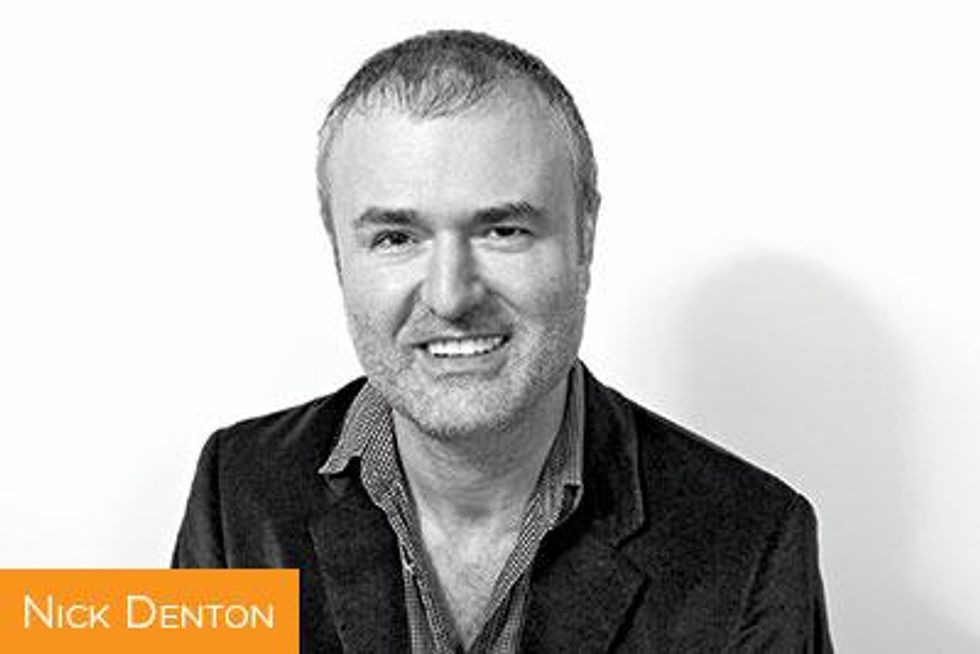

"It really is like night and day," says Michelangelo Signorile, a Sirius radio host and editor-at-large of HuffPost Gay Voices.
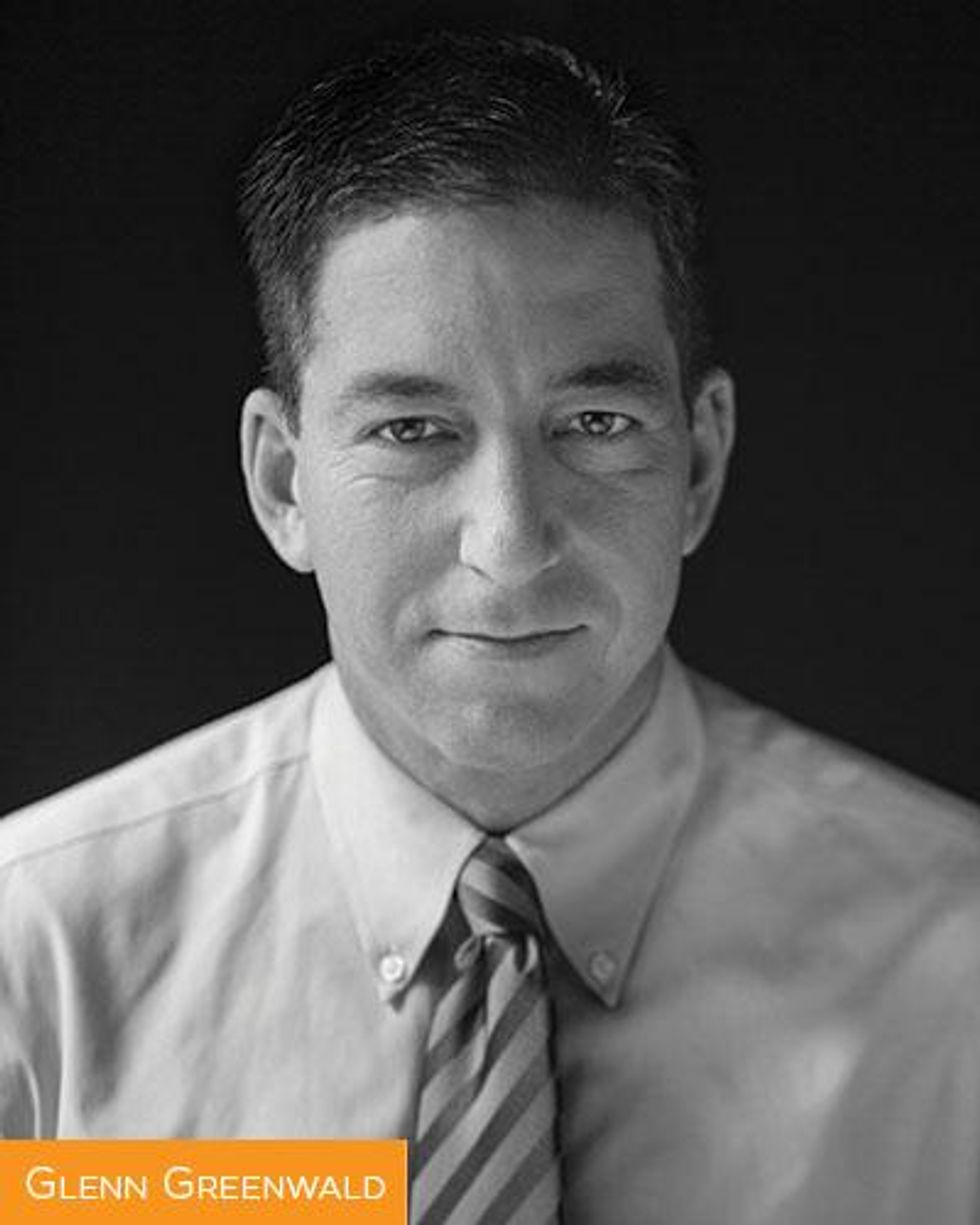
Case in point: the cabal of gay and lesbian TV-news personalities, from Robin Roberts to Anderson Cooper, who have publicly come out over the past few years, "all in a way that treated the news as almost casual occurrence, and no longer worthy of a Time magazine cover," as the Times noted last year in a feature on the trend. "No one has to go through what Ellen [DeGeneres, the subject of said Time cover story] had to go through back in the day," says Sullivan, adding: "Being the openly gay editor of The Dish in 2014 is fucking light-years away from being the openly gay editor of The New Republic in 1991."
But even today, there's still arguably a dearth of openly gay leaders at the tops of large media companies and mainstream news outlets, which lends a whiff of insurgency to the aforementioned list of digital journalist-entrepreneurs.
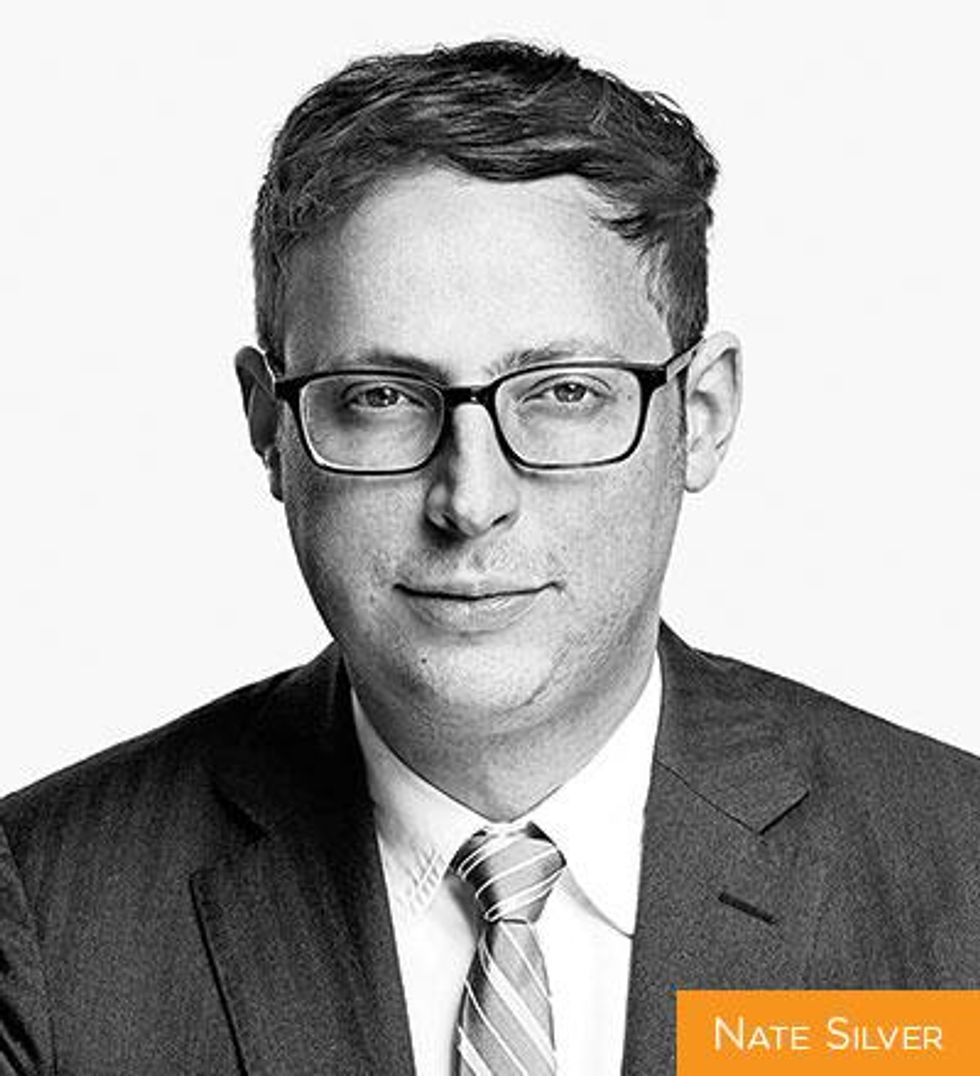
It also dovetails with the currents of change that have ushered in sociocultural advancements like racial equality and same-sex marriage. If it seemed unfathomable 20 years ago that a bunch of gay people would be running their own non-gay media outlets, neither would many of us back then have banked on electing a black president who supports two men or two women tying the knot. "I think the media has followed the same trajectory as broader American society in terms of how openly gay you can be and how much it will impede your advancement," says Greenwald. "In most professions now, being openly gay is not a liability."
At the same time, these people are all byproducts of the democratizing power of the Web, which has enabled them to disrupt both the rigid, top-heavy publishing models and the historically heteronormative hierarchies of traditional media.
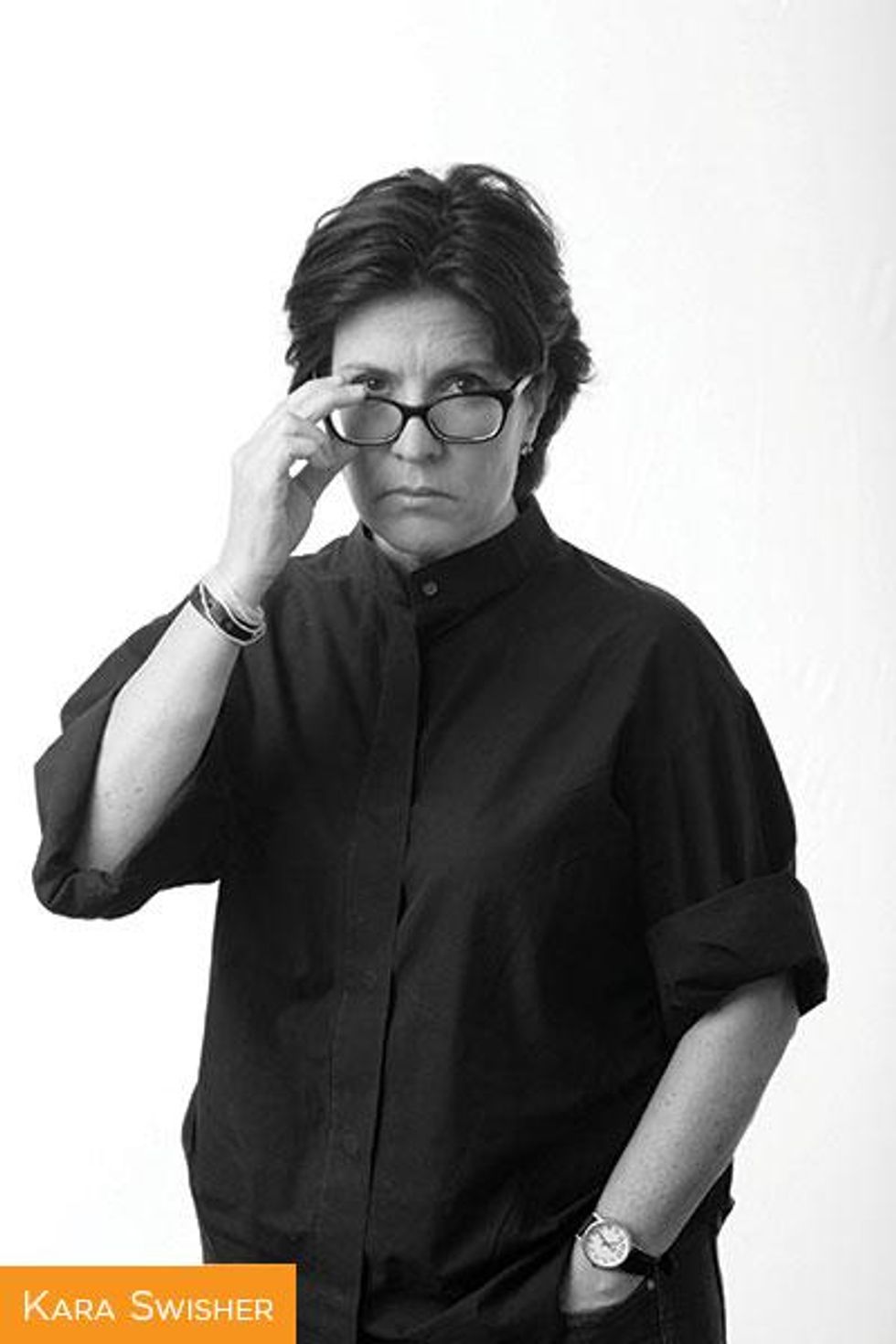
And yet it's not their institutional cred that makes them commodities. Their names are synonymous with a sort of sui generis sensibility that's prevalent in digital media, which tends to nurture bomb throwers, wonks, and people with strong points of view in a way that lumbering news bureaucracies do not. Says Signorile: "I don't think it's a coincidence that all of these people are gay and became successful online and through blogs, and through having their own independent voice."
Signorile foreshadowed the LGBT potential of emerging Web platforms in the epilogue of his 1993 book, Queer in America: Sex, the Media, and the Closets of Power. The chapter presciently portrayed queers as being in the vanguard of computer literacy, which encouraged a rise in the tech world that wouldn't necessarily have been possible in other industries. (Look no further than Apple CEO Tim Cook or Google executive Megan Smith, who recently separated from Swisher, her spouse of 15 years.) So it's no surprise to Signorile that people like Nick Denton or Andrew Sullivan are now running their own little corners of the Internet. "This technology is one that has allowed for people who might be outsiders in culture to create their own spaces," he says. "It's allowed us to get around the corporate media, where people are still picking the children of their friends to run things. If you're gay, you felt like you were never going to be running things there, so these are people who are very independent and were like, 'OK, I'm going to go do my own thing.' That's always attracted a lot of gay people."
"I feel like you've got to figure things out when you're gay," says Roshan. "It kind of encourages a little bit of freethinking, and you can take more risks because you've already taken some risks. It's a character type, magnified by being gay, that happens to lend itself to entrepreneurial projects."

In the cases of McGeveran, Swisher, Silver, and Greenwald, of course, their current ambitions are cushioned either by a large company or an incredibly rich individual. Still, "Gay people thrive in less hierarchical and less corporatized environments," says Greenwald, who's known for his aggressively skeptical and largely autonomous approach to reporting on government. "One of the things that's happened in media over the last decade is that the power has shifted away from those kinds of large, corporatized settings to a much more pioneering, independent landscape because of the Internet. And I don't think it's a coincidence that so many of us have set out on our own as opposed to trying to work our way up the ladder at The New York Times or NBC or wherever."
He continues: "I think there is a correlation between being gay and being disruptive. If I had grown up as a straight white man, I would probably have this perception that the status quo was more or less a good thing, and The Intercept would probably be much more conventional."
Sullivan's experience growing up in West Sussex, England, in the 1970s was that of a "nervous gay teenager" who dodged adolescent awkwardness by immersing himself in books and Conservative Party politics. He got perfect marks on his Latin exams and buried his nose in the works of George Orwell, Friedrich Hayek, and Vaclav Havel. He devoured British newsweeklies like The Spectator and Now, which his mother bought him a subscription to, and he fell asleep every night listening to Radio 4's political coverage. It was a way to "avoid having a balanced social life," he says. "The nerd identity threw people off the scent of my gay identity."
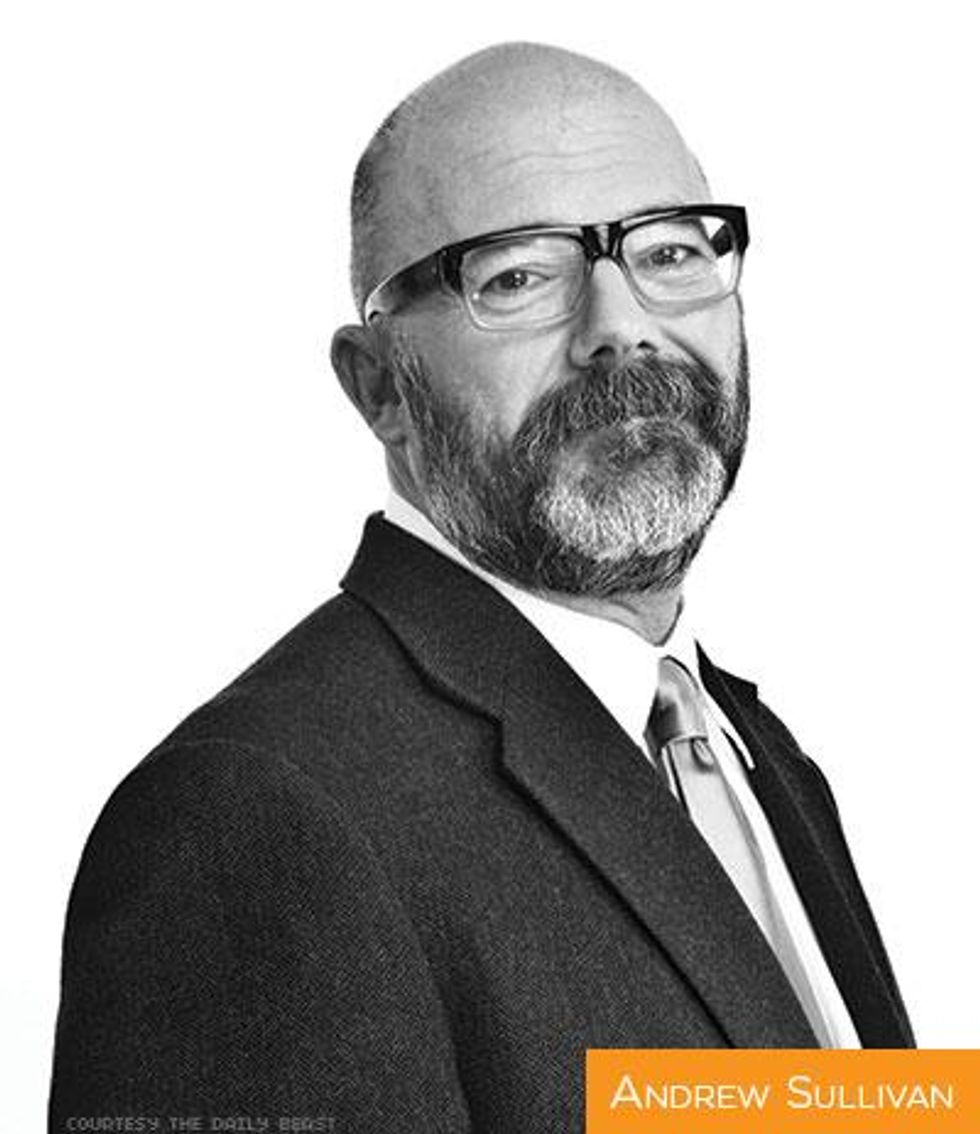
He's not alone: "There is, like, a weird historical gay job," says The Awl's Sicha. "It's not just jobs in the arts or whatever. It's loner jobs. Lone wolf jobs. There's something in that, for sure. It's funny because media is historically un-gay-friendly, and yet there were always gay writers, so there's a weird tension there."
Sullivan agrees. "There's a particular gay sensibility that has to do with constantly questioning conventional wisdom because we have to," he says. "We grew up rooted in a self-confidence that we earned by sticking up for ourselves." But he cautions against drawing too many comparisons among the new crop of gay media mini-moguls. "We're different creatures, all of us," he says. "What we have in common is a total lack of any shame about who we are."
Want more breaking equality news & trending entertainment stories?
Check out our NEW 24/7 streaming service: the Advocate Channel!
Download the Advocate Channel App for your mobile phone and your favorite streaming device!